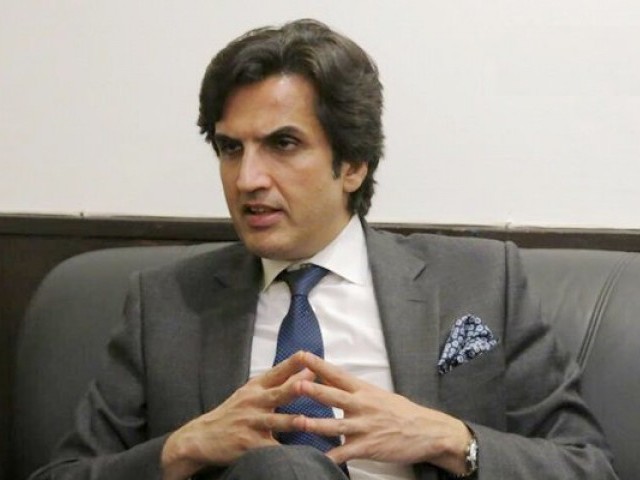
Co-chairing the first meeting of the CPEC Business Council on Friday, he detailed that the purpose behind the establishment of the forum was to create an interface between the government and business community besides uplifting industrial cooperation between Pakistan and China.
He elaborated that through industrial cooperation, the two nations planned to address trade imbalance, broaden market access for agricultural products and encourage business to business collaboration.
"The aim of the council is to provide a platform for regular consultations between the government and business community on matters pertaining to private sector investment besides enhancing industrial cooperation under CPEC," he added.
Bakhtiar voiced optimism that the creation of the forum would accelerate the pace of industrialisation under the umbrella of CPEC.
The minister reiterated that the focus was on boosting Pakistan's industrial capacity through joint ventures in priority areas, relocation of labour-intensive export led industry, collaboration of small and medium enterprises, and enhancement of vocational training capacity.
Also co-chairing the meeting, Adviser to PM on Commerce Abdul Razak Dawood was of the view that following the implementation of early harvest projects under CPEC, the stage was now set to expedite industrial collaboration, which would help attract private investments and diversify exports.
'CPEC economic zones will help bridge trade deficit of $9b'
He added that CPEC had entered its second phase where industrialisation and agriculture growth were the main goals of the current regime.
"Special economic zones (SEZs) have acted as engines of growth for many developing states around the world for the last few decades," he noted. "Now it's high time for Pakistan to convert its SEZs into growth hubs."
The adviser hoped that the SEZs would attract investment from diverse sources because they offer a combination of tax-and-tariff incentives, streamlined customs procedures and less regulation.
Published in The Express Tribune, April 6th, 2019.
Like Business on Facebook, follow @TribuneBiz on Twitter to stay informed and join in the conversation.



1721805490-0/BeFunky-collage-(14)1721805490-0-165x106.webp)



















COMMENTS
Comments are moderated and generally will be posted if they are on-topic and not abusive.
For more information, please see our Comments FAQ